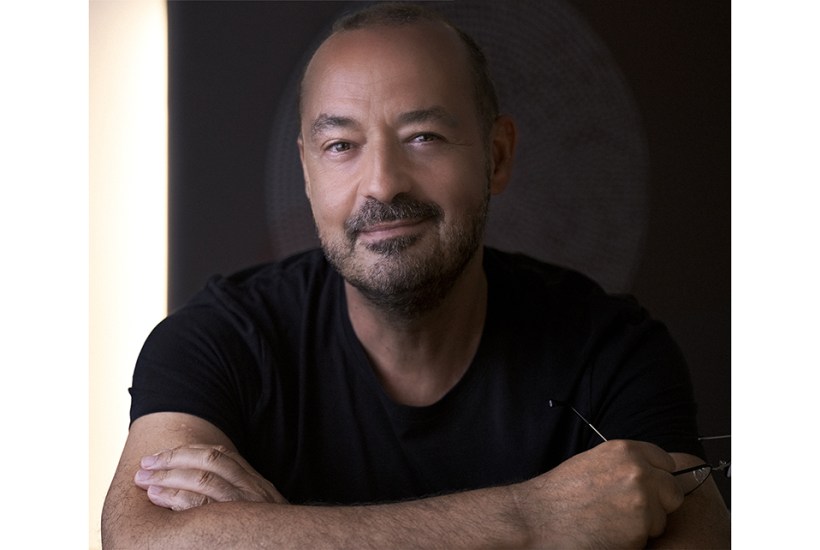Should Alain de Botton ever require fictional evidence of ‘How Proust Can Change Your Life’, he could do worse than to turn to Clara, the protagonist of Stéphane Carlier’s latest delightful novel. Clara is a hairdresser in a rather rundown provincial salon in France. She has a good relationship with her boss, Madame Habib, her colleagues, Nolwenn and Patrick, and her loyal clientele, and a more vexed one with JB, her boyfriend of three years, a muscular firefighter who resembles Flynn Ryder in the Disney cartoon.
Already a subscriber? Log in
Subscribe for just $2 a week
Try a month of The Spectator Australia absolutely free and without commitment. Not only that but – if you choose to continue – you’ll pay just $2 a week for your first year.
- Unlimited access to spectator.com.au and app
- The weekly edition on the Spectator Australia app
- Spectator podcasts and newsletters
- Full access to spectator.co.uk
Unlock this article
You might disagree with half of it, but you’ll enjoy reading all of it. Try your first month for free, then just $2 a week for the remainder of your first year.








Comments
Don't miss out
Join the conversation with other Spectator Australia readers. Subscribe to leave a comment.
SUBSCRIBEAlready a subscriber? Log in